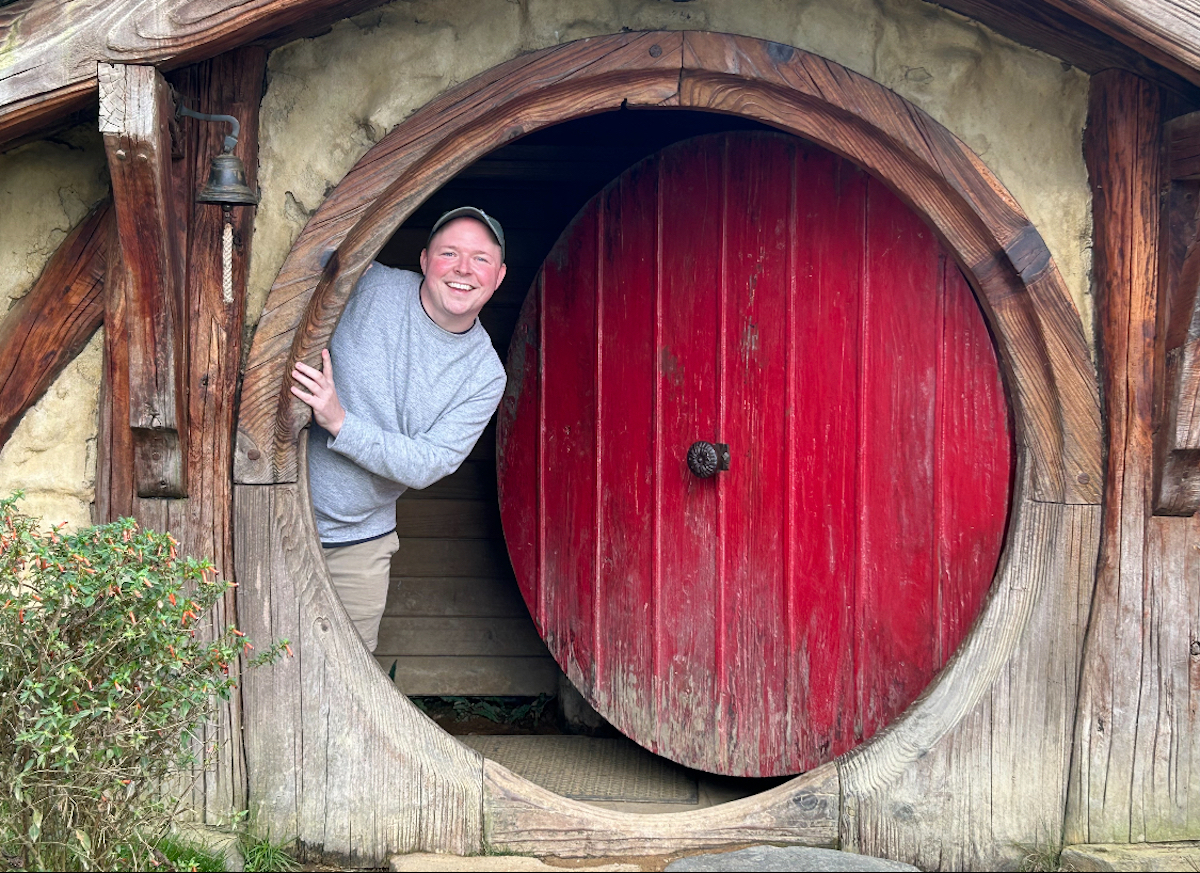Anyone trying to access the English version of Wikipedia on Wednesday, Jan. 18 saw something a little unusual: Wikipedia was blacked out for a full day, as well as countless other websites. This was a reaction to the SOPA and PIPA bills in the U.S. House and U.S. Senate.
SOPA and PIPA, also known as the Stop Online Piracy Act and Protect IP Act, were bills introduced in the House and Senate with both intending to end the issue of online piracy. Websites like Wikipedia and Google, however, claim that these bills would make it incredibly difficult to keep their sites running.
According to junior and LTS Student Manager for classroom support Kristine Rivall, SOPA and PIPA would begin to allow the government to essentially censor websites that have violated any copyright laws.
“I think (SOPA) would stifle a lot of innovations on the Internet,” Rivall said.
According to Wikipedia, over 162 million users came to use the site only to discover the black out in protest of the two bills. Wikipedia also instructed users to contact their representatives and speak out against these bills.
Rivall said something needs to be done about Internet piracy, but this was not the correct way to handle it and the bills would have a lot of unforeseen consequences.
Freshman Joe Leavitt said he tried accessing a website on that day, and it was completely inaccessible. Leavitt said that SOPA, if made into law, would do more harm than good.
“If (the Internet) is not broken, don’t fix it,” said Leavitt.
Freshman Matthew Knutson said he uses websites like Wikipedia on occasion and expressed concerns for any significant changes these sites may have to make as a result of a bill like SOPA.
“I would be pretty affected (by any big changes to Wikipedia) if it changed a lot,” said Knutson, who added that he uses the website often as a starting point for any significant research.
Reacting to the blackouts occurring on that day, many people chose social media as a means to either vent frustration over their inability to use their favorite cites or advocate pro- and anti-SOPA stances themselves.
A National Post online article published on Jan. 18 reported that “thousands of teenagers and college students” flocked to Twitter to express their frustration with the blackouts.
Leavitt said he saw several friends posting information about SOPA and PIPA on Facebook as well as a Facebook poll.
Rivall said she forwarded a petition against SOPA from the website Change.org to other websites such as Reddit and Facebook in hopes of getting other internet users to sign.
SOPA, with rare bipartisan support, was expected to be voted on without a problem before the online blackouts and social media attention. Then supported dwindled as a result of the intense backlash.
Regardless of the initial cooperative support in Congress, Rivall said officials were working on the bills for the wrong reasons.
“When I was researching the bill … I didn’t know if I agreed with the benefits of the bill,” she said. “I didn’t think they (Congress) were looking out for the best interests of the people.”






